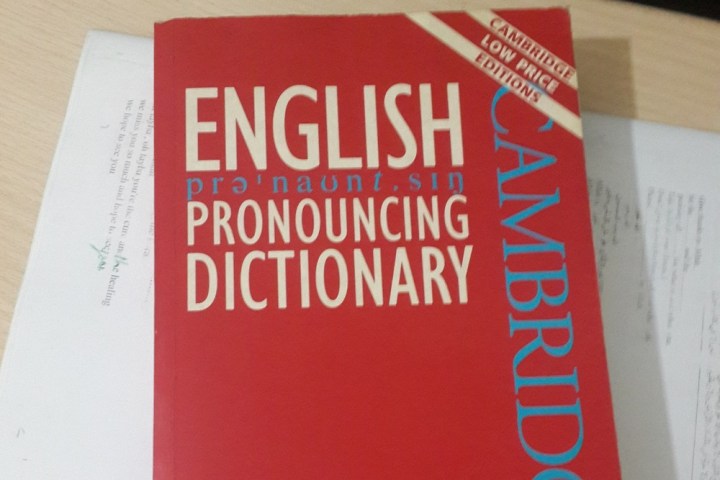
It's the #spellingbee finals! These are the top "how to spell" searches for words by state, mapped #dataviz pic.twitter.com/rjXllJfOoE
— GoogleTrends (@GoogleTrends) May 26, 2016
While California’s drought conditions have them living in something of a parched environment, Californians aren’t quite so sure how to spell the word “desert.” People from Idaho, Illinois, and Connecticut, whose surroundings are ostensibly a bit less arid, have trouble with desert as well.
In Michigan, South Dakota, and Oklahoma, on the other hand, residents aren’t quite so sure about how to spell the color in between black and white. Is it with grey with an “e”? An “a”? Are we still part of England? Who knows!
And as for folks in Arizona and New Hampshire, the word “diarrhea” is a bit of a doozy.
Some of the perplexing words include those that didn’t originate from our language at all — for example, those in Washington, D.C. are unclear on how to spell a certain flaky breakfast pastry — the croissant. “Hawaii” is also a confusing spelling for those in Alaska. But don’t think that being a resident means anything — some Bay Staters have trouble spelling out Massachusetts.
Of course, there were a few admittedly difficult words that gave Americans some serious trouble. In both Maryland and Virginia, people aren’t quite so confident on the spelling of “cancelled,” which actually makes sense, when you take a page out of The Washington Post stylebook. It reads, “Use one l, not two, in conjugating the verb cancel — canceled, not cancelled; canceling, not cancelling. (Two l’s, however, in cancellation.)” Did you get that? It’s okay … apparently no one else did either.


